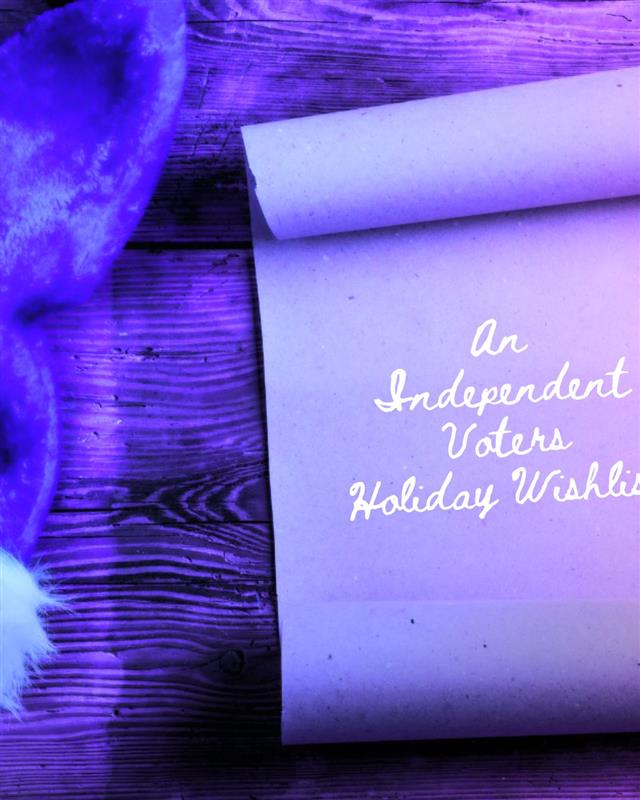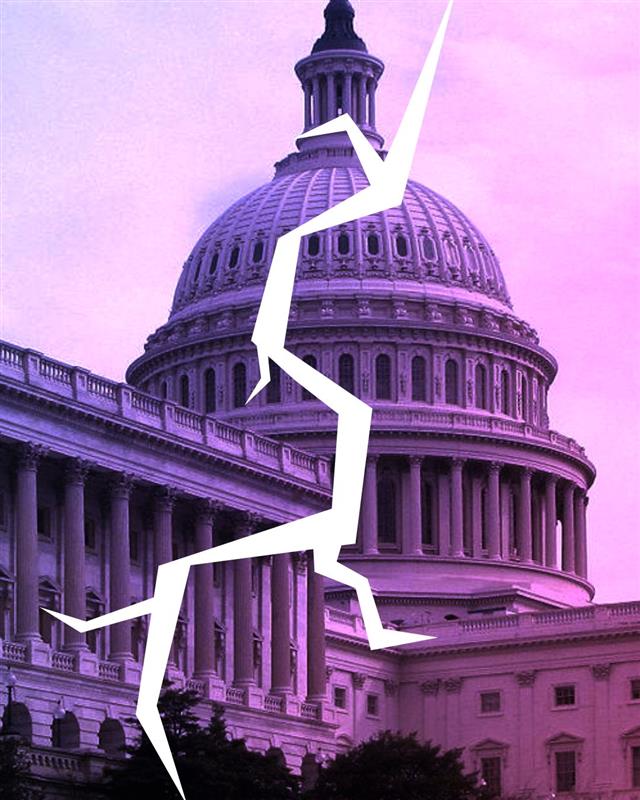The Independent Center's September 2024 survey highlights key trends in Georgia.
The Big Picture
The Independent Center's September 2024 survey of 600 likely voters in Georgia paints a picture of a state evenly divided in the upcoming presidential election, dissatisfied with the performance of Congress, and hungry for leaders who can work across party lines.
Zooming In
Presidential Race: Trump and Harris in a Dead Heat
When asked, "If the Presidential election were held today, how would you vote if your options were Republican Donald Trump, Democrat Kamala Harris?" (GS3), Georgia voters were split right down the middle:
- Donald Trump: 47%
- Kamala Harris: 49%
- Unsure: 4%
With less than two months until Election Day, Georgia remains a toss-up. The small number of undecided voters (just 4%) suggests that turnout will be the deciding factor in this battleground state.
Georgians Give Congress Low Marks
Georgia voters are largely dissatisfied with Congress. When asked whether they approve or disapprove of the job the U.S. Congress is doing (GS2), nearly 3 in 5 (59%) expressed disapproval:
- Strongly approve: 8%
- Somewhat approve: 25%
- Somewhat disapprove: 35%
- Strongly disapprove: 24%
- Unsure: 8%
Frustration with gridlock and dysfunction is evident across party lines. Candidates who present themselves as problem-solvers may have an advantage in this environment.
Desire for Bipartisanship Runs High
When asked what kind of candidate would best represent them in Congress (PS1), a plurality of Georgia voters (43%) said they preferred someone who would work with both parties:
- A candidate who works and votes with Republicans: 27%
- A candidate who works and votes with Democrats: 26%
- A candidate who works and votes with both: 43%
- Unsure: 3%
This suggests that voters in Georgia, despite the state’s reputation for political polarization, are eager for leaders who prioritize cooperation over partisanship.
Georgians See Need for More Independent Voices
Beyond bipartisanship, Georgia voters also expressed openness to candidates outside the traditional two-party system. When asked what type of elected officials are needed in Washington (PS4), nearly a quarter (24%) said more Independents:
- More elected Democrats: 34%
- More elected Independents: 24%
- More elected Republicans: 32%
- Unsure: 10%
This result underscores a growing discontent with the hyper-partisan status quo and an openness to fresh alternatives.
Data Snapshot
- Georgia remains a battleground state, with Trump at 47% and Harris at 49%.
- 59% of Georgia voters disapprove of Congress.
- 43% prefer candidates who work across party lines.
- 24% of voters want more Independents in Washington.
Independent Lens
As the 2024 campaign enters its final stretch, Georgia is once again shaping up to be a pivotal battleground. Voters are signaling a strong desire for cooperation and accountability from their elected leaders.
For candidates and campaigns, the message is clear: Georgians are looking for leaders who rise above partisanship, work together to solve problems, and bring fresh perspectives to government.
Want to dive deeper into the data? Download the complete toplines from the Independent Center's September 2024 South East Swing State survey.
Subscribe to our newsletter for more insights into key voter trends and independent analysis.




%201.jpg)
